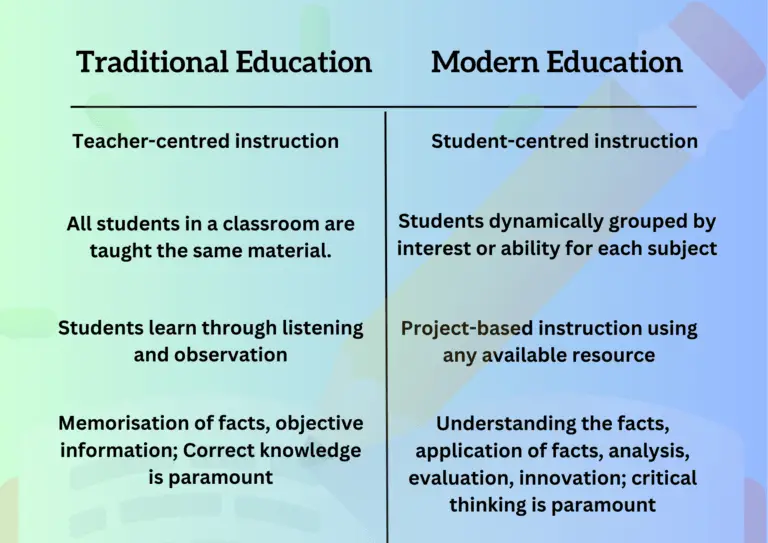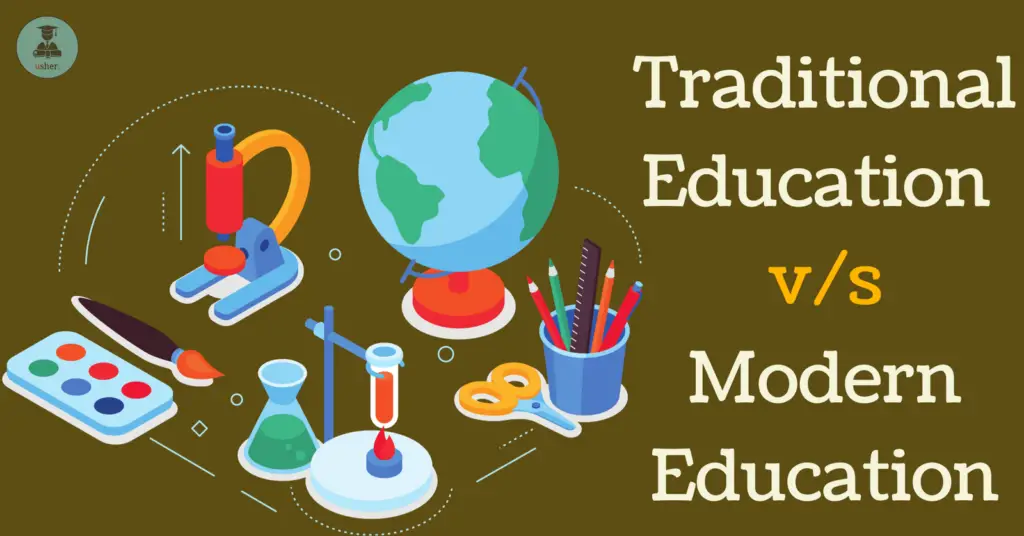The Importance Of Learning Traditional Skills In A Modern World
Have you ever considered the value of learning traditional skills in today’s modern world? Skills like sewing, gardening, woodworking, and food preservation may seem outdated, but they offer numerous benefits that can enhance your life in unexpected ways. In this article, we will explore the importance of embracing and honing these traditional skills in a fast-paced, technology-driven society.

Rediscovering Lost Arts
In a world where convenience and modern technology reign supreme, many traditional skills are becoming lost arts. However, there is a growing movement of people who are making an effort to rediscover and preserve these skills for future generations. By learning and practicing traditional skills, you can keep these valuable traditions alive and pass them down to your children and grandchildren.
Preserving Cultural Heritage
Traditional skills are often deeply rooted in the culture and history of a particular region or community. By learning and practicing these skills, you are not only preserving your own cultural heritage, but also contributing to the preservation of a larger global heritage. Whether it’s traditional crafts, cooking methods, or agricultural practices, each skill carries a piece of history and tradition that deserves to be upheld and celebrated.
Building Self-Reliance
In a world where we are increasingly dependent on technology and external sources for our basic needs, learning traditional skills can help you become more self-reliant. When you know how to grow your own food, mend your own clothes, or build your own furniture, you become less reliant on outside resources and more self-sufficient. This can not only save you money in the long run but also provide a sense of empowerment and autonomy.
Developing Problem-Solving Skills
Traditional skills are often passed down from generation to generation because they require a certain level of creativity, ingenuity, and problem-solving ability. When you engage in activities like woodworking or cooking from scratch, you are forced to think critically and find solutions to various challenges that may arise. These problem-solving skills are not only practical in the context of traditional skills but can also be applied to other areas of your life.
Connecting With Nature
Many traditional skills are centered around a connection with the natural world. Whether you are planting a garden, foraging for wild herbs, or woodworking with sustainable materials, these activities encourage you to engage with and appreciate the beauty of nature. In a modern world where we are often disconnected from the environment, learning traditional skills can help you develop a deeper sense of connection and stewardship towards the natural world.
Promoting Environmental Sustainability
By learning traditional skills that emphasize sustainability and resourcefulness, you can play a role in promoting environmental sustainability. Whether it’s through composting, upcycling old materials, or growing your own food organically, traditional skills can help reduce your carbon footprint and lessen your impact on the environment. In a time of increasing environmental concerns, embracing these skills can make a positive difference, no matter how small.
Fostering Creativity and Artistry
Traditional skills often involve a level of creativity and artistry that is deeply fulfilling and enriching. Whether you are crafting a piece of pottery, weaving a basket, or baking a loaf of bread, you are engaging in an artistic process that allows you to express yourself and create something unique. These creative outlets can provide a therapeutic and meditative escape from the hustle and bustle of modern life, allowing you to tap into your inner artist and unleash your imagination.
Cultivating a Sense of Pride and Accomplishment
There is a sense of pride and accomplishment that comes with mastering a traditional skill and creating something with your own hands. Whether you are sewing a garment, preserving a batch of jam, or building a piece of furniture, the satisfaction of seeing the final product is unmatched. By honing your skills and producing tangible results, you can cultivate a sense of pride in your abilities and a feeling of accomplishment that can boost your self-esteem and overall well-being.

Enhancing Social Connections
Learning traditional skills can also be a great way to connect with others in your community and beyond. Whether you join a local gardening group, attend a pottery class, or participate in a traditional cooking workshop, these activities provide opportunities to meet like-minded individuals who share your interests. By engaging in these communal activities, you can forge new friendships, exchange knowledge and ideas, and build a sense of camaraderie with others who appreciate traditional skills.
Passing Down Knowledge and Wisdom
One of the most valuable aspects of learning traditional skills is the opportunity to pass down knowledge and wisdom to future generations. By teaching your children, grandchildren, or other young people in your life how to sew, knit, cook, or garden, you are sharing important skills and values that have been passed down through the ages. This act of mentorship not only ensures that these skills will be preserved for the future but also strengthens familial bonds and creates lasting memories.
Practical Applications in Everyday Life
While traditional skills may seem old-fashioned, they actually have many practical applications in our modern daily lives. From saving money on clothing repairs by learning how to mend your own clothes to reducing food waste by preserving fruits and vegetables, these skills can help you live a more sustainable and self-sufficient lifestyle. By incorporating traditional skills into your everyday routine, you can reap the benefits of a simpler, more fulfilling way of life.
Saving Money and Reducing Waste
One of the most practical benefits of learning traditional skills is the ability to save money and reduce waste in various aspects of your life. Whether you are making your own household cleaners, repairing broken items instead of throwing them away, or growing your own herbs and vegetables, these skills can help you cut down on expenses and minimize your environmental impact. By embracing a more frugal and resourceful mindset, you can live more sustainably and responsibly.

Learning Traditional Skills in the Digital Age
In a world dominated by digital technology and instant gratification, the value of learning traditional skills may sometimes be overlooked. However, the resurgence of interest in these age-old practices is a testament to their enduring importance and relevance in our modern world. By embracing traditional skills and incorporating them into your lifestyle, you can experience a myriad of benefits that contribute to your overall well-being and quality of life.
Is the time-honored craft of traditional skills worth learning in today’s fast-paced world? The answer is a resounding yes. By rediscovering these lost arts, building self-reliance, connecting with nature, fostering creativity, enhancing social connections, and passing down knowledge to future generations, you can enrich your life in ways you never thought possible. So why not take a step back in time and learn a few traditional skills that have stood the test of time? You may be surprised at how fulfilling and rewarding the experience can be.
